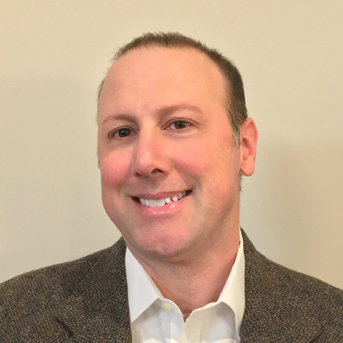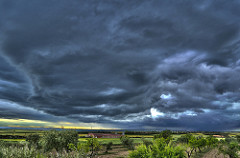The past week or so has been a harrowing time for many people. Texans who are alive today have never seen anything like the flood that covered much of Houston. These are trying times for everyone in the path of the storm, as well as for their loved ones who live elsewhere.
Much of the focus rightly has been on getting people to safety; providing them food, water, and shelter; and thinking about rebuilding. However, whenever major disasters strike, government agencies and private organizations also deploy crisis counselors to help people endure the stress.
It’s not productive to live in fear of something like Hurricane Harvey—which officials have called a “1,000-year flood,” meaning that such an event has only a 0.1 percent chance of happening in a given year. There was no reason for most people in the storm’s path to expect this to happen, yet millions of people showed remarkable resilience—much like the 1,000-year-old oak tree that withstood the storm, standing tall in Goose Island Park. With such events seemingly on the increase, it might be good to think about how your WRAP could help you prepare for natural disasters. If you live in a flood-, fire-, or tornado-prone area, a crisis plan for such an event—complete with phone numbers of local supporters and supporters in other locations—can help you be ready.
If you’d like to offer material assistance to individuals affected by Harvey—food, clothing, money, shelter, etc.—FEMA, the government agency in charge of disaster relief, suggests that cash donations to well established organizations are what’s most needed, as well as volunteering if you are in the area, again with trusted organizations. Whether you participate in relief efforts or not, be sure to attend to your own wellness. Keep your WRAP nearby and review it as often as is helpful.
Most importantly, we hope you’re safe and sound, and can contribute to relief efforts any way that you are able. Sometimes the most powerful way we can provide help after a crisis occurs is in the form of peer support—listening to others experiences, sitting with them in their strong emotions, and giving them our loving attention. And sometimes that is what we need most ourselves.
How did the storm affect you? How have you used your WRAP in the last two weeks? Share your stories on our Facebook page.

Alan Marzilli, J.D., M.A., is a senior writer/program associate at Advocates for Human Potential (AHP). His work focuses primarily on homelessness, mental health and substance use disorder services, cannabis regulation, and employment services.






